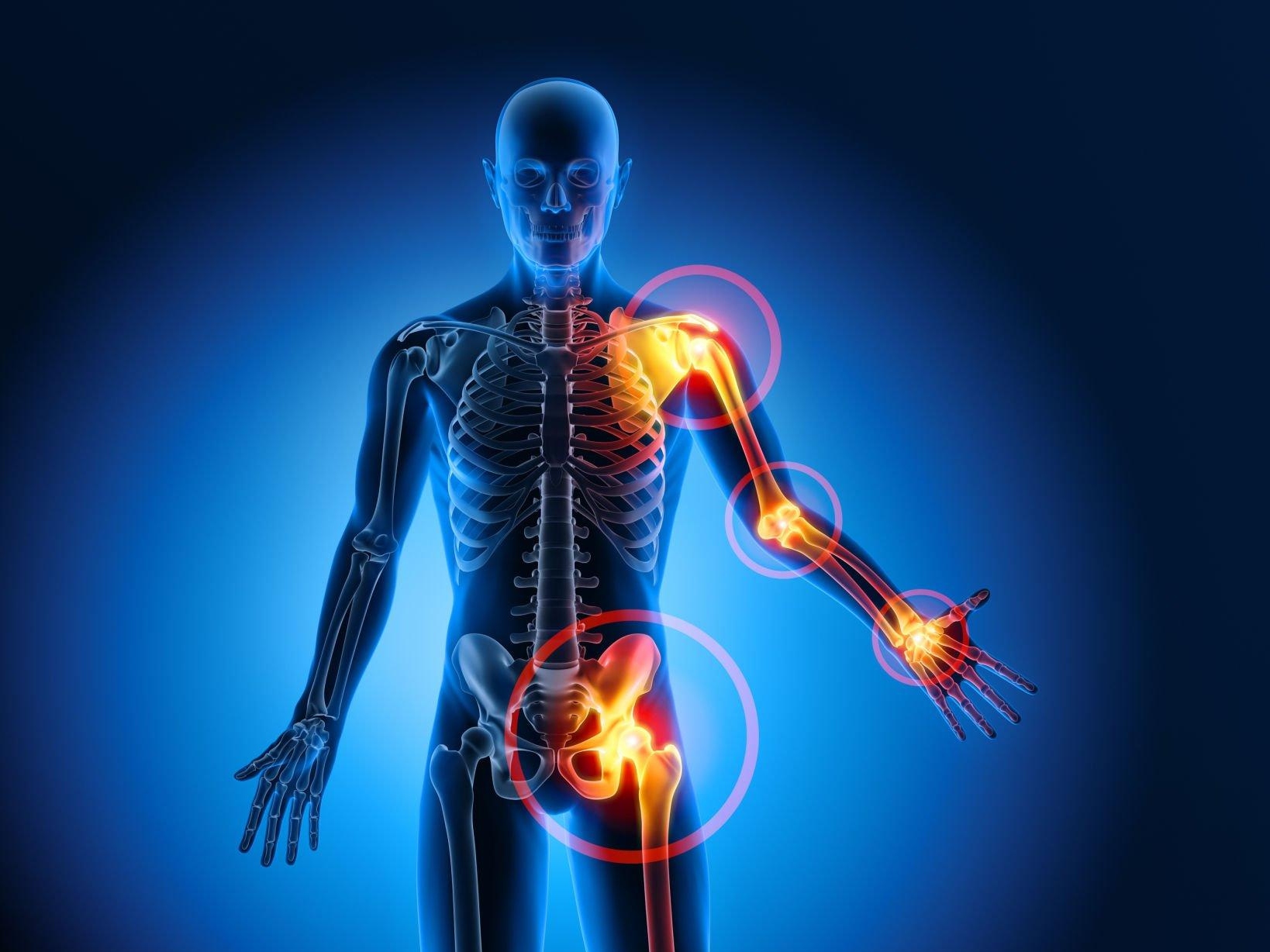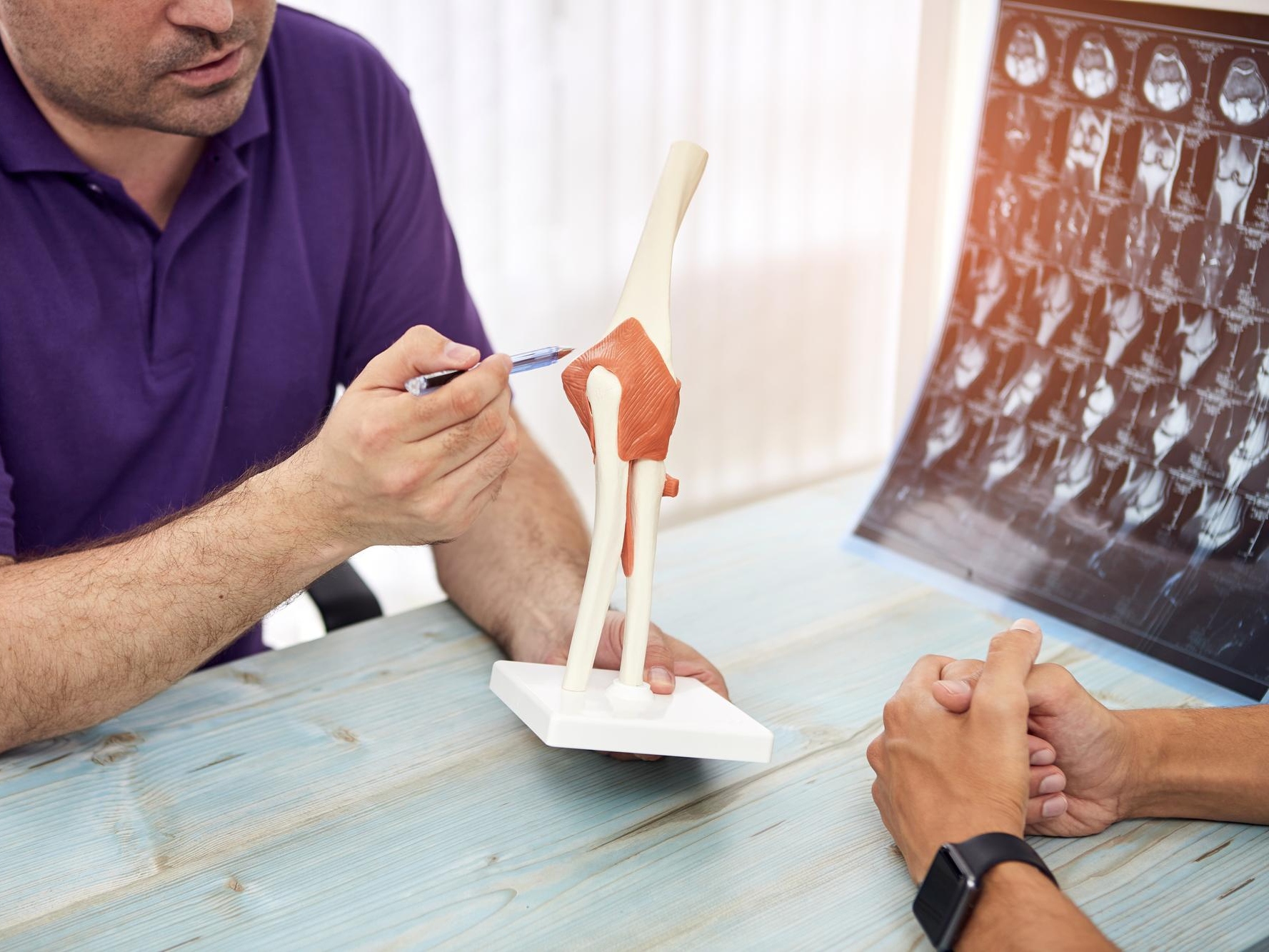Explore the World of Orthopedics
Orthopedics is a specialized field of medicine focused on the diagnosis, treatment, and prevention of musculoskeletal disorders. This includes issues related to bones, joints, muscles, ligaments, tendons, and nerves. Orthopedic specialists, also known as orthopedic surgeons or orthopedists, use a variety of non-surgical and surgical methods to manage conditions such as fractures, arthritis, sports injuries, back pain, and more. They work to improve patients’ mobility, alleviate pain, and enhance overall quality of life. Orthopedic care often involves a multidisciplinary approach, including physical therapy, pain management, and lifestyle modifications. The goal is to help patients regain function and independence, allowing them to live active and fulfilling lives.
Common Conditions Addressed
- Fractures: Orthopedic specialists manage fractures from trauma or conditions like osteoporosis.
- Arthritis: Orthopedic specialists treat arthritis, reducing inflammation and improving joint function.
- Sports Injuries: Orthopedic specialists address sports-related injuries like ligament tears, tendonitis, and muscle strains.
- Back Pain: Orthopedic specialists diagnose and treat back pain from herniated discs, spinal stenosis, and degenerative disc disease.
- Joint Injuries and Disorders: Orthopedic specialists treat joint issues, including dislocations, cartilage injuries, and ligament tears (e.g., ACL tears).
When to Consult an Orthopedic?
- Persistent or Severe Pain: Consult an orthopedic specialist for persistent or severe joint, muscle, or bone pain impacting daily activities.
- Difficulty Moving a Joint: See an orthopedic specialist for joint stiffness or difficulty moving that doesn’t improve with rest or medication.
- Swelling or Bruising: Get evaluated by an orthopedic specialist for swelling, bruising, or deformity after an injury to rule out serious issues.
- Instability or Weakness: Consult an orthopedic specialist for joint instability or weakness, which may indicate ligament or tendon injury.
- Persistent Orthopedic Conditions: Seek an orthopedic specialist for chronic conditions like arthritis or osteoporosis affecting daily life.
Diagnostic Procedures in Orthopedics
In orthopedics, diagnostic procedures are essential for identifying the underlying causes of musculoskeletal conditions and injuries. Common techniques include physical examinations, imaging studies, blood tests, bone density testing, arthroscopy, electromyography (EMG) and nerve conduction studies, and biopsies. These procedures enable orthopedic specialists to accurately diagnose conditions and develop effective treatment plans to address the underlying issues.
Treatment Options in Orthopedics
In orthopedics, treatment options vary based on the specific condition and severity of the injury, including medications like NSAIDs for pain and inflammation reduction, physical therapy to improve strength, flexibility, and range of motion, and injections such as corticosteroids or hyaluronic acid to alleviate joint pain and inflammation from conditions like arthritis. When conservative treatments are ineffective, surgery may be recommended. Additionally, orthopedic specialists may prescribe custom orthotic devices, like shoe inserts or braces, to support and align joints properly. These treatments are tailored to individual needs and can be used alone or in combination to achieve the best outcomes for patients.
Conclusion
Orthopedics is a field dedicated to restoring mobility, relieving pain, and improving the quality of life for individuals with musculoskeletal conditions. From fractures to arthritis, orthopedic specialists offer a range of treatments tailored to each patient’s unique needs. Through innovative therapies, surgical interventions, and personalized care plans, orthopedic specialists empower patients to regain function and live active lives.
Get In Touch With Us!
SPECIAL OPD TIMINGS: 10am – 2pm, 4pm – 8pm





